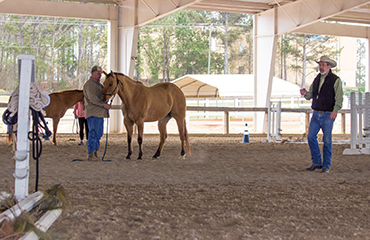 Most people have some stress reactions after a trauma, but if those reactions don't go away over time, or begin to disrupt the person's life, they may be suffering from post-traumatic stress disorder (PTSD). It can occur after someone goes through a traumatic event, such as combat, an assault or disasters.
Most people have some stress reactions after a trauma, but if those reactions don't go away over time, or begin to disrupt the person's life, they may be suffering from post-traumatic stress disorder (PTSD). It can occur after someone goes through a traumatic event, such as combat, an assault or disasters.
According to a bill introduced to the State Assembly in January, South Carolina's combat veterans are suffering to the point where they are committing suicide at nearly a 50 percent higher rate than the general population, and the National Institute of Mental Health recently concluded that PTSD is a major contributing factor. The U.S. Department of Veterans Affairs reports that, on average, approximately 22 former members of the Armed Forces commit suicide every day; and traditional PTSD medications can have harmful side effects and have been ineffective for many patients.
Recognizing the need for assisting veterans battling PTSD, leaders of Lander University began to pursue the idea of using their equine facilities to create therapy programs for veterans battling post-traumatic stress disorder. The university has a history of providing equine-therapy to persons with disabilities through a partnership with the Burton Center, a nonprofit agency that provides services for those with disabilities and special needs; and houses an impressive equestrian center just a few miles from the main campus in uptown Greenwood.
Their quest to find a more holistic approach to mental health led them nearly 2,300 miles away to a horse whisperer in Clinton, Montana. Jeff Patterson, of Willowbend Farm, had developed an equine program designed to assist in the recovery process of people who have endured trauma in their lives. The six-week program, Herd2Human, guides participants in activities that allow them to strengthen relationships, manage anger, eliminate fear and build trust by communicating and interacting with horses.
Lander University is evaluating the pilot program for consideration of implementing a community outreach program to offer a series of six-week equine-therapy sessions for veterans with PTSD.
Patterson and his equine-therapy team worked with veterans from across the state who were suffering from PTSD during the three-day program at Lander's Equestrian Center. Activities included guiding participants through holistic approaches such as meditation, intuitive writing and talking circles, and interacting with horses.